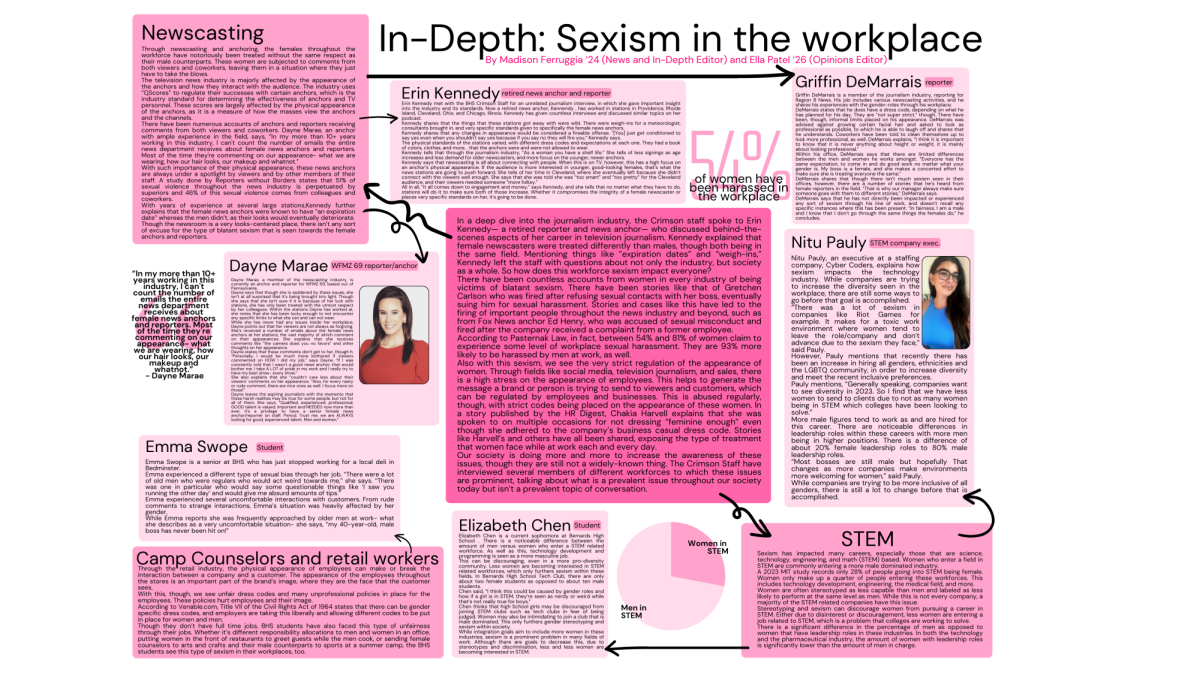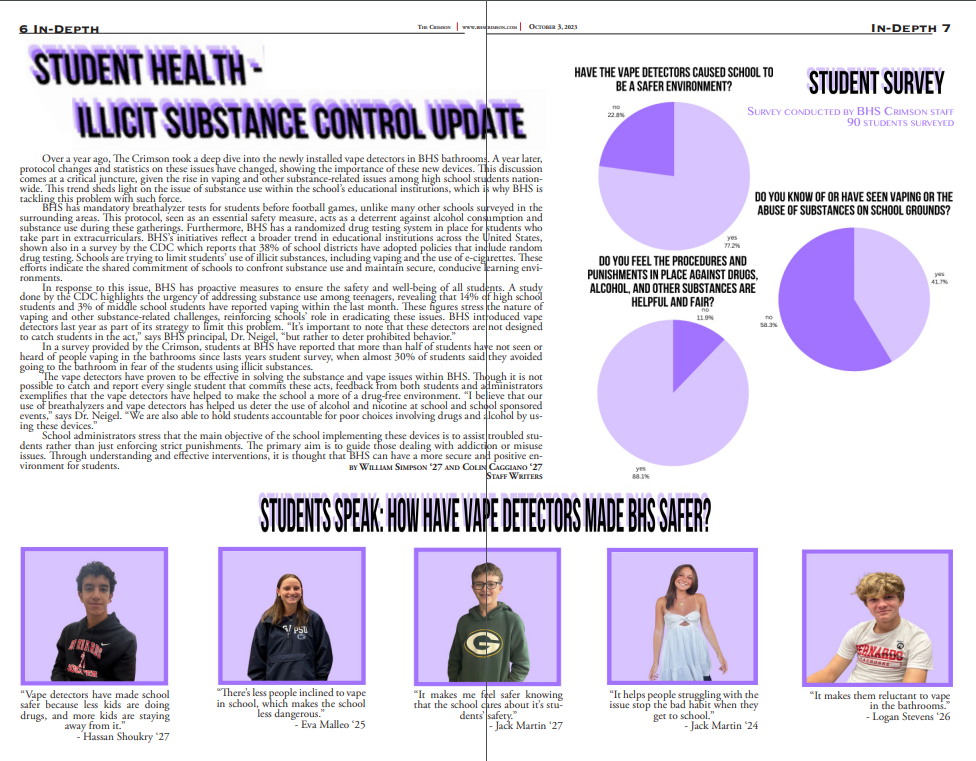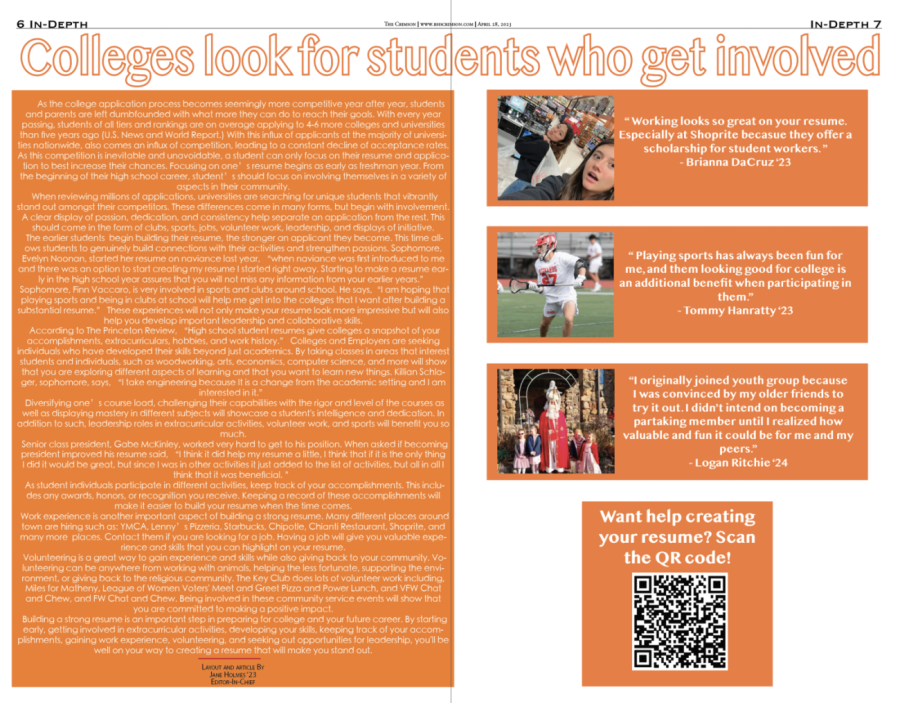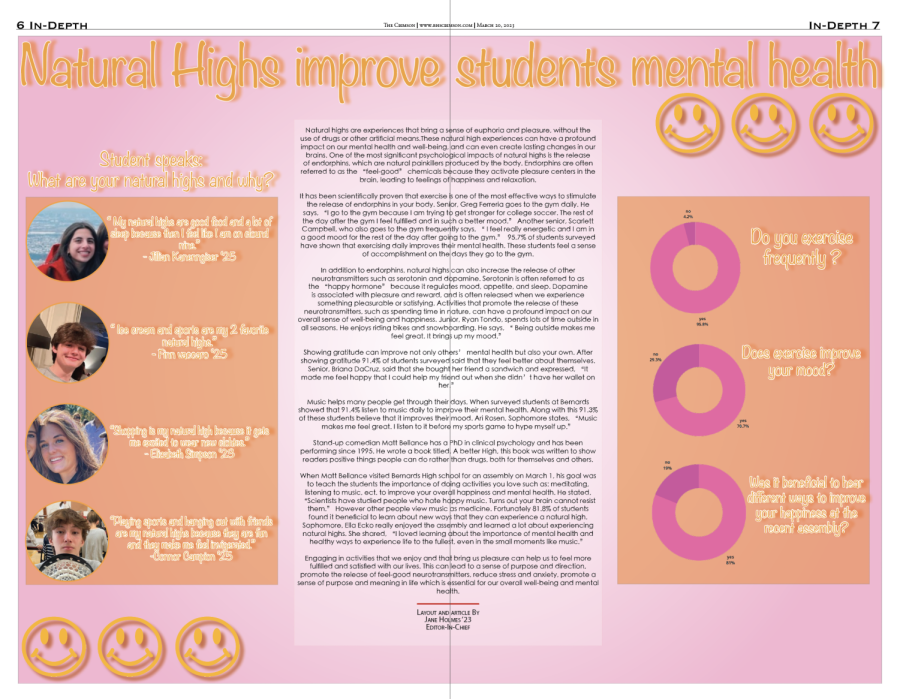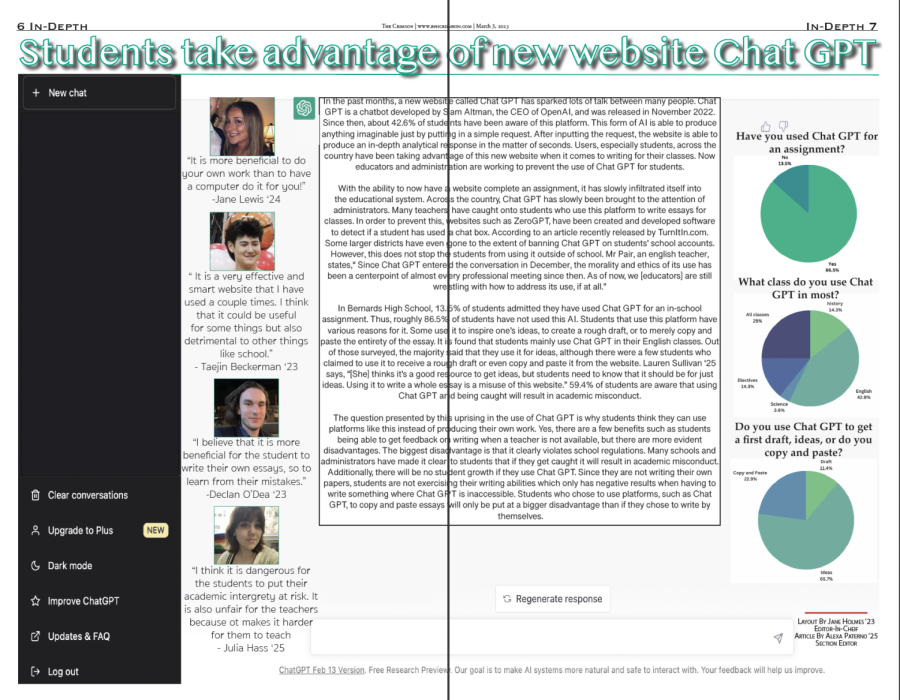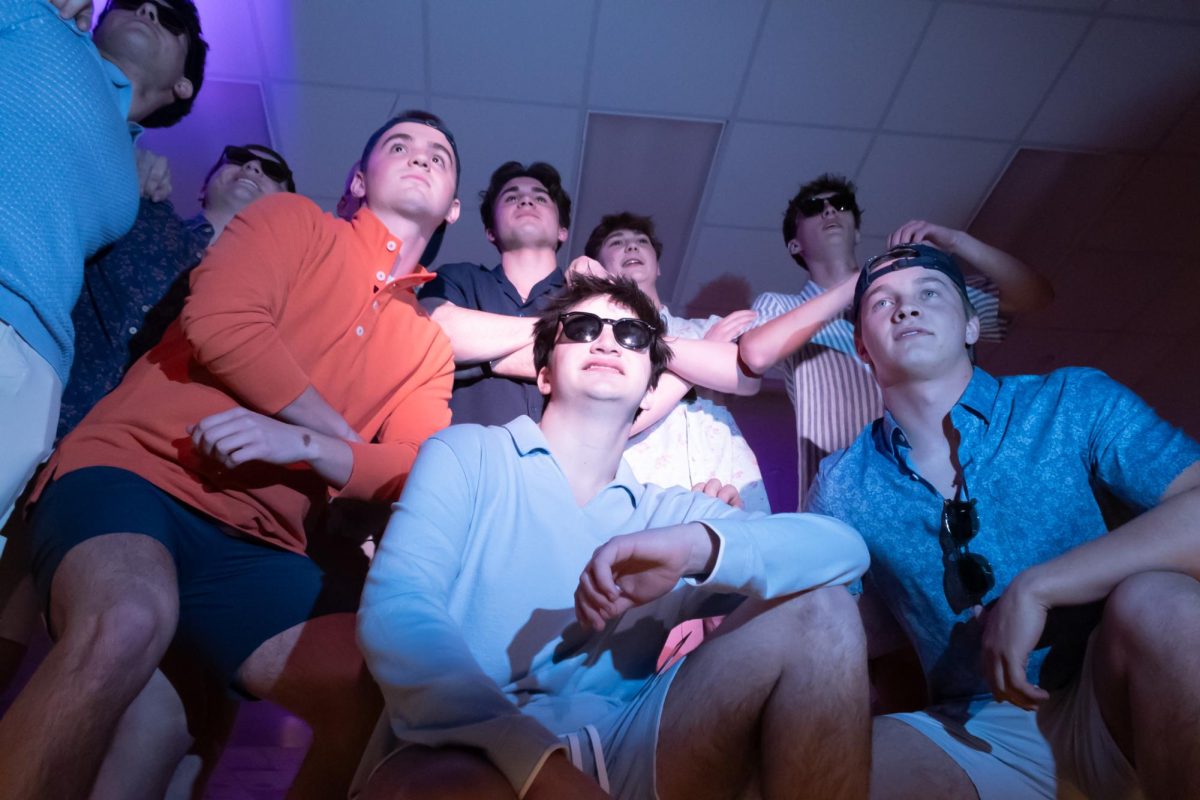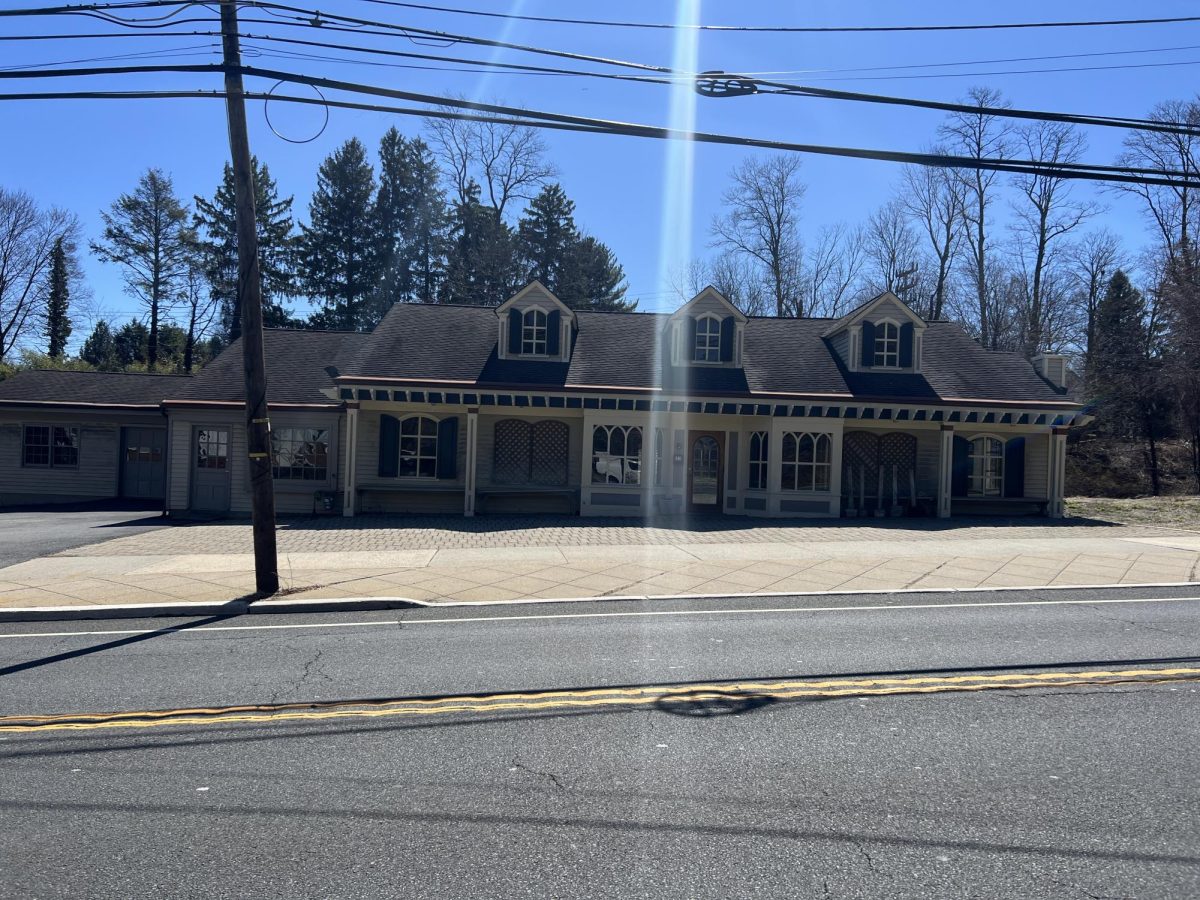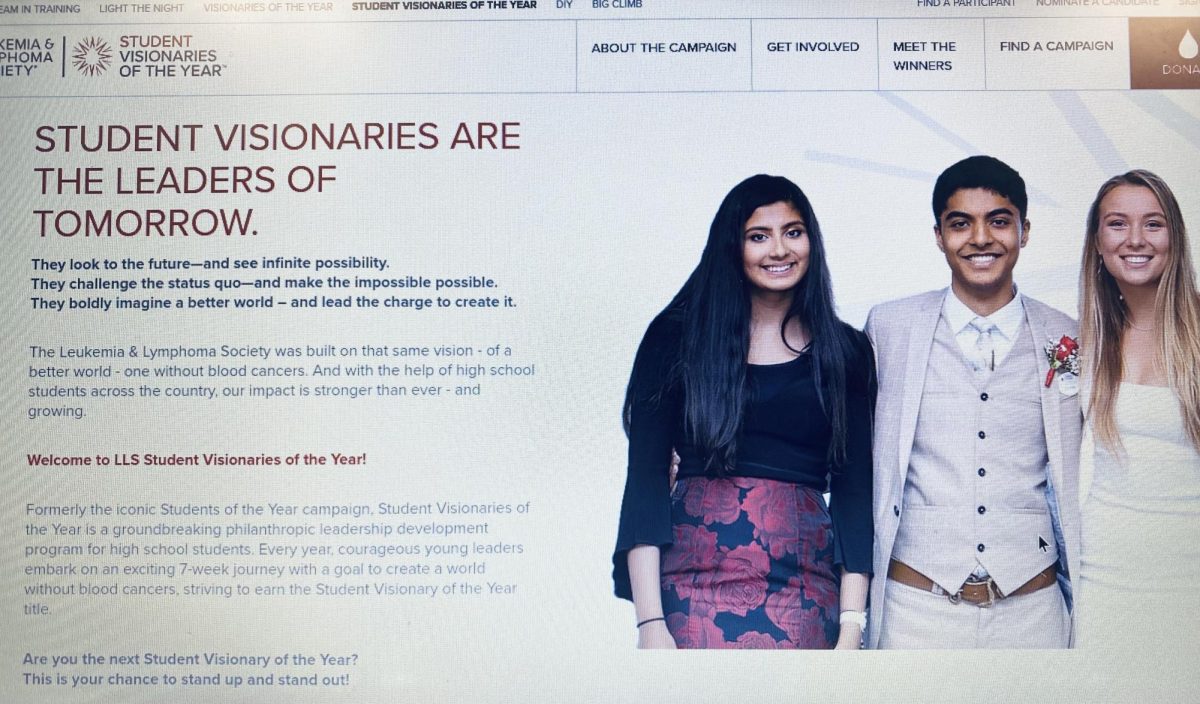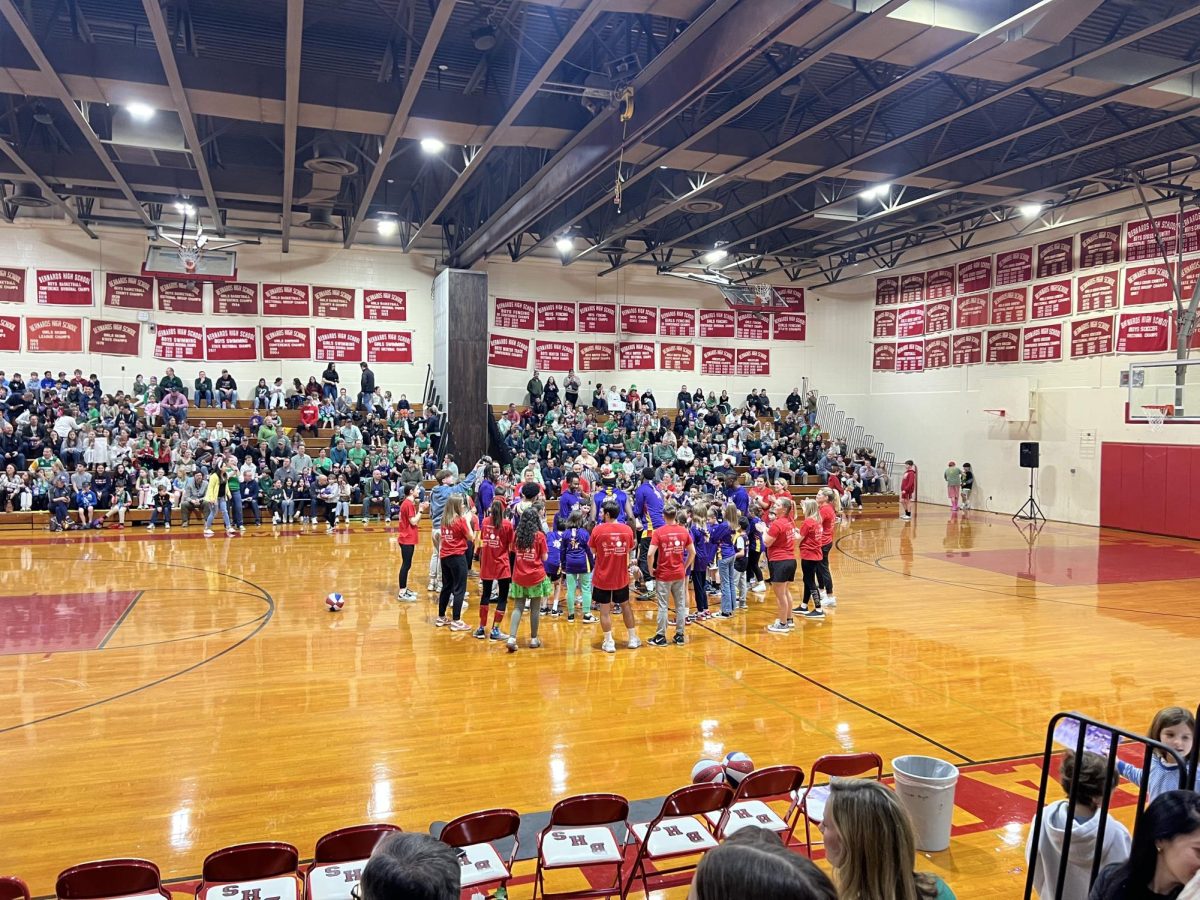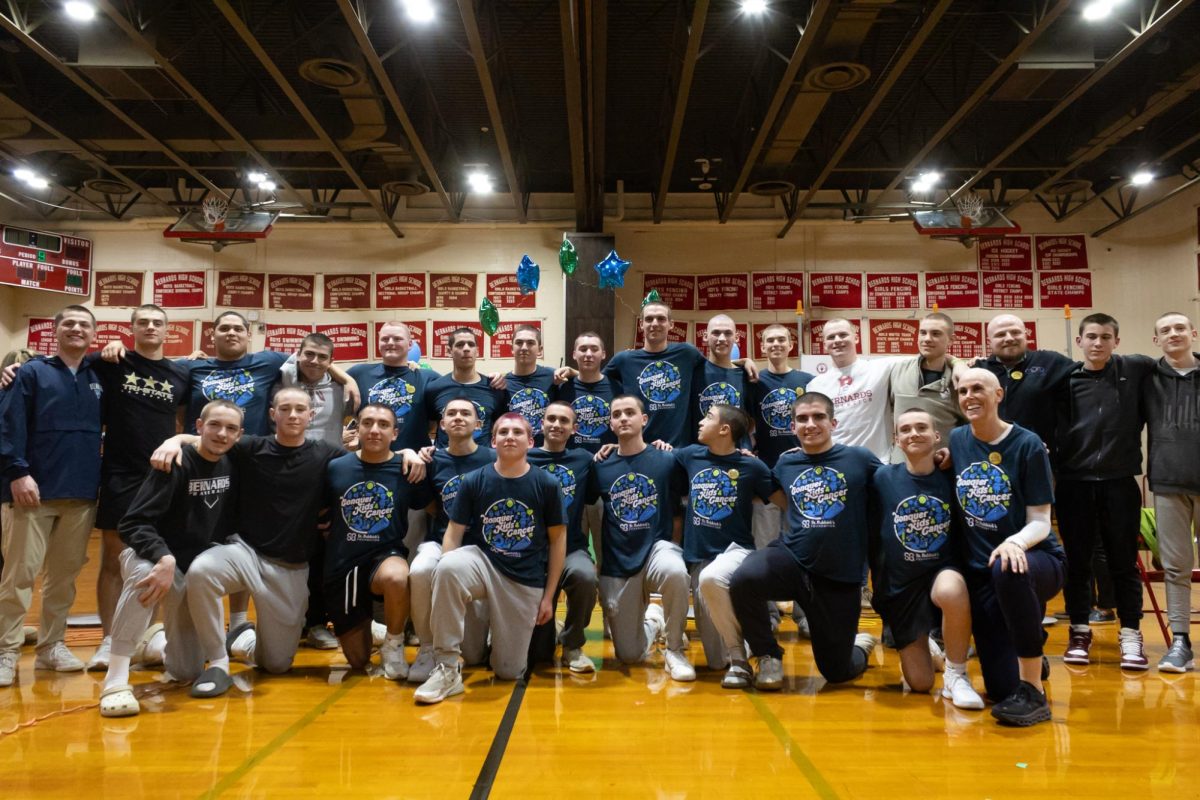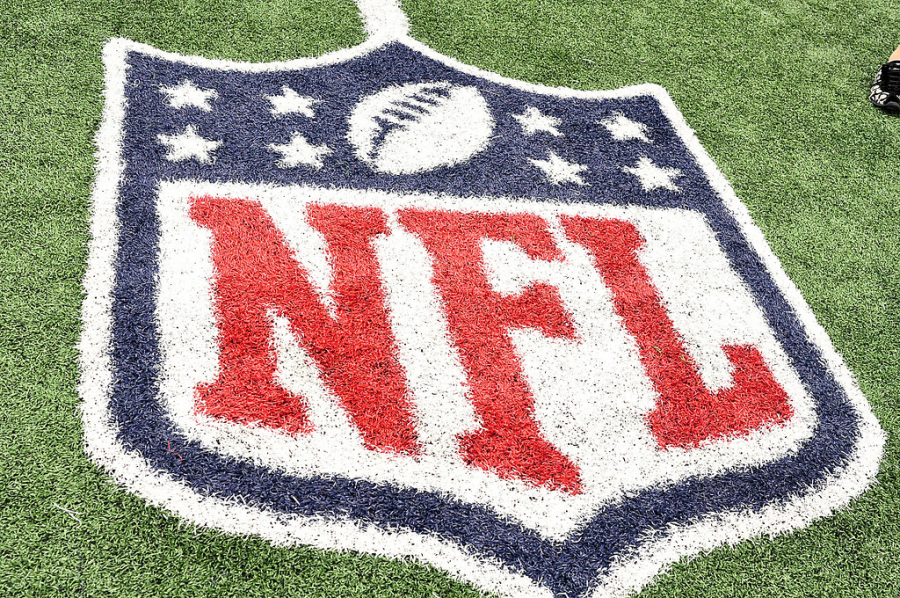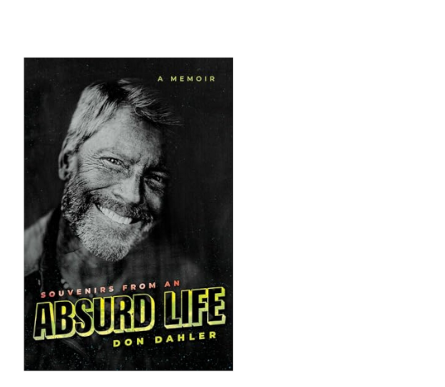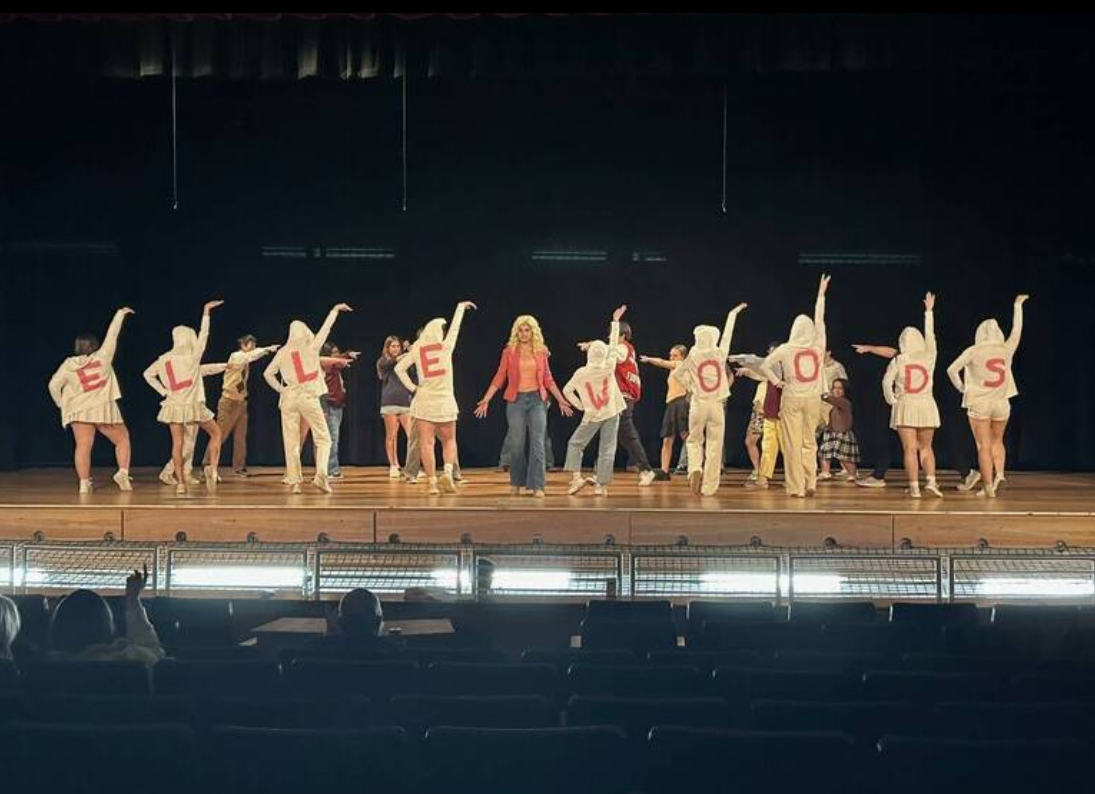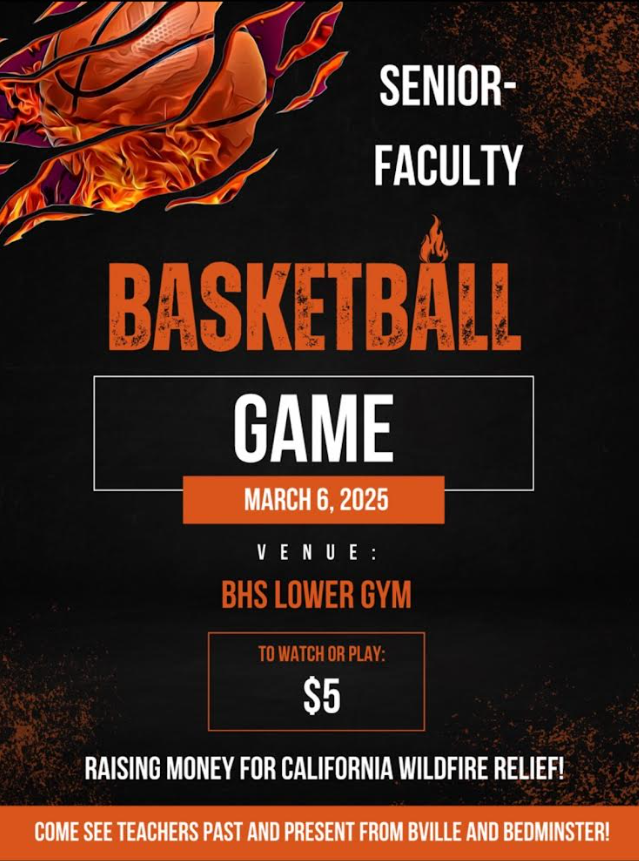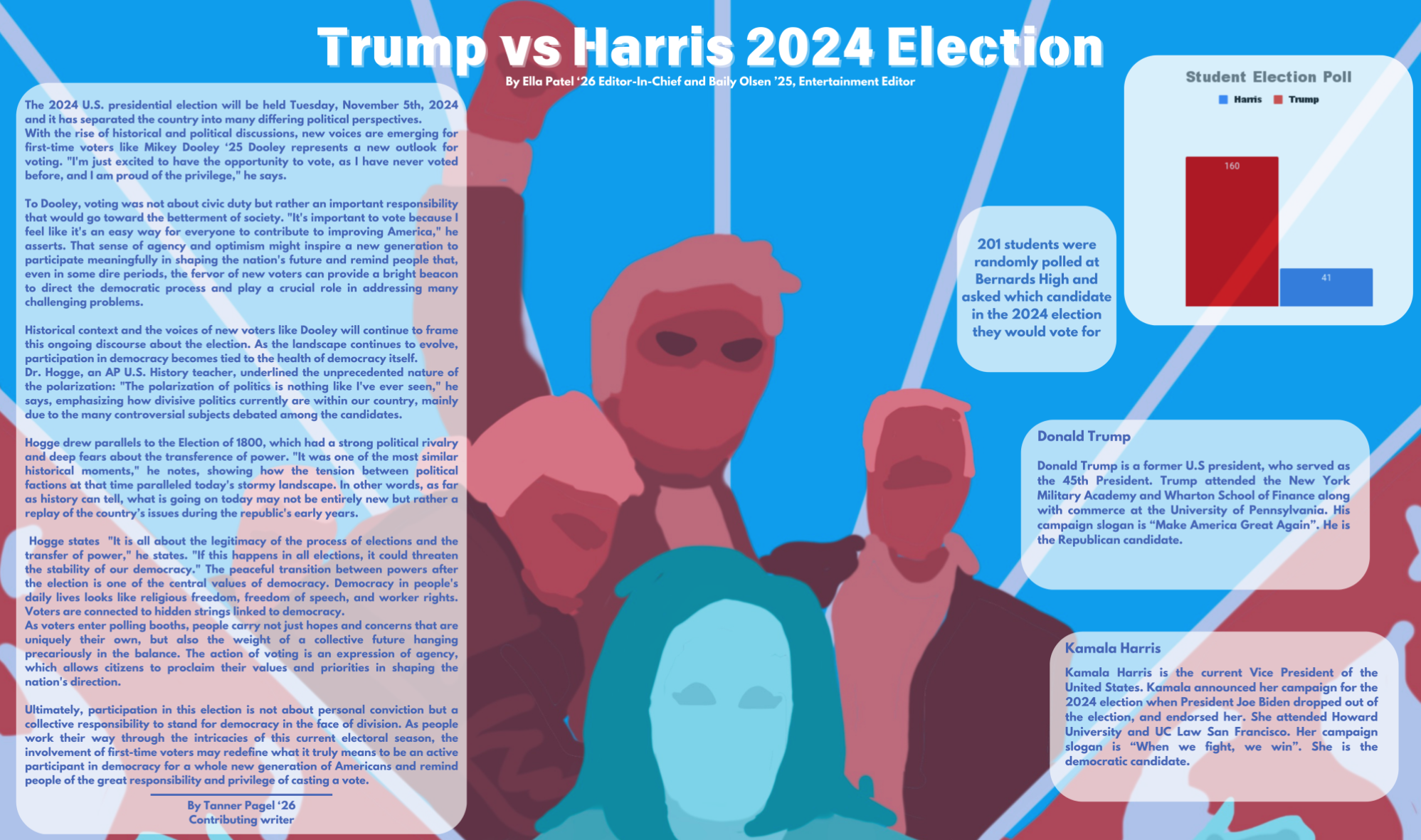
In-Depth: The 2024 presidential election

The 2024 U.S. presidential election was held Tuesday, November 5th, 2024 and it separated the country into many differing political perspectives.
With the rise of historical and political discussions, new voices are emerging for first-time voters like Mikey Dooley ‘25 Dooley represents a new outlook for voting.
To Dooley, voting was not about civic duty but rather an important responsibility that would go toward the betterment of society. “It’s important to vote because I feel like it’s an easy way for everyone to contribute to improving America,” he asserts. That sense of agency and optimism might inspire a new generation to participate meaningfully in shaping the nation’s future and remind people that, even in some dire periods, the fervor of new voters can provide a bright beacon to direct the democratic process and play a crucial role in addressing many challenging problems.
Historical context and the voices of new voters like Dooley will continue to frame this ongoing discourse about the election. As the landscape continues to evolve, participation in democracy becomes tied to the health of democracy itself.
Dr. Hogge, an AP U.S. History teacher, underlined the unprecedented nature of the polarization: “The polarization of politics is nothing like I’ve ever seen,” he says, emphasizing how divisive politics currently are within our country, mainly due to the many controversial subjects debated among the candidates.
Hogge drew parallels to the Election of 1800, which had a strong political rivalry and deep fears about the transference of power. “It was one of the most similar historical moments,” he notes, showing how the tension between political factions at that time paralleled today’s stormy landscape. In other words, as far as history can tell, what is going on today may not be entirely new but rather a replay of the country’s issues during the republic’s early years.
Hogge states “It is all about the legitimacy of the process of elections and the transfer of power,” he states. “If this happens in all elections, it could threaten the stability of our democracy.” The peaceful transition between powers after the election is one of the central values of democracy. Democracy in people’s daily lives looks like religious freedom, freedom of speech, and worker rights. Voters are connected to hidden strings linked to democracy.
Ultimately, participation in this election is not about personal conviction but a collective responsibility to stand for democracy in the face of division. As people work their way through the intricacies of this current electoral season, the involvement of first-time voters may redefine what it truly means to be an active participant in democracy for a whole new generation of Americans and remind people of the great responsibility and privilege of casting a vote.
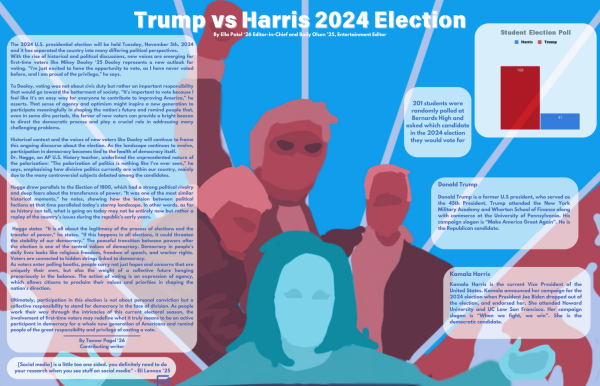
Art by Arden Addeo Design by Ella Patel and Bailey Olson




